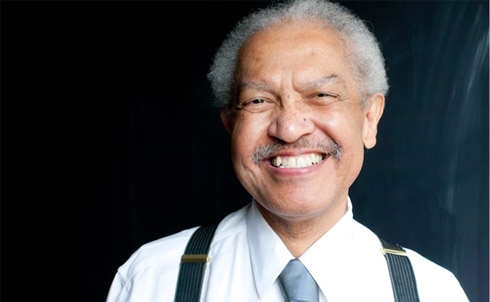
“The remembrances started almost immediately, as was appropriate. When a giant has fallen there is immense thunder,” wrote Bill Fletcher, Jr., after the passing of the great intellectual of the Black experience in America, Manning Marable. Marable “was that gentle giant of a person who had a tremendous impact on thousands of people, both as individuals as well as on countless groups and organizations.”
To honor Marable, who passed away Friday, April 1 at the age of 60, The Nation has assembled a collection of tributes from friends, students and admirers of a man whose outsized impact on American letters will be felt for years to come.
Credit: © Philippe Cheng
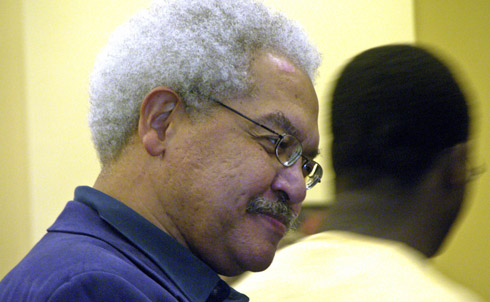
An “unflinching and breathtakingly prolific scholar whose commitments to racial, economic, gender, and international justice were unparalleled,” Manning was also something much less visible but just as important: a mentor to two generations of African-American scholars. As Melissa Harris-Perry writes in “The Great Wells of Manning Marable,” “Manning did more than encourage us. He made a way for us. He cleared brush. He extended his protections. He shared his resources with uncompromising generosity.”
Credit: Ben Greenberg
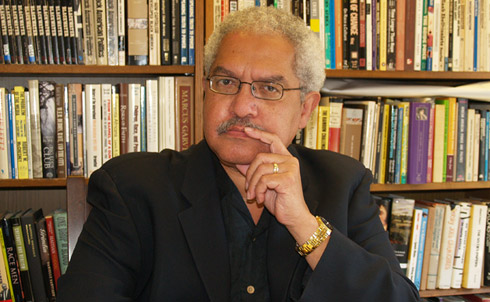
Manning was a radical democrat—with the emphasis on the small “d”—who believed in political participation with a purpose, John Nichols explains in “Manning Marable: A Public Intellectual in the Service of Democracy.” Throughout his imposing academic career, he remained active in journalism and politics. Part of Manning’s contribution “lay in his determination to keep the faith—to believe, and to help others to believe, that progress was possible, and that it was still realistic to speak of mobilizing masses of Americans on behalf of radical change.”
Credit: David Shankbone
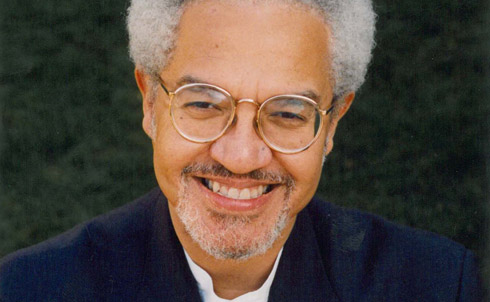
At Marable’s Institute for Research in African-American Studies at Columbia University, young intellectuals “became part of a vibrant community of scholar-activists who took Marx’s challenge—to transform rather than merely understand and interpret the world—very seriously.” For Timothy Patrick McCarthy and for all of Marable’s students, he was “a towering freedom fighter who raised us up and set us out into the world to transform it. We will have to do it without him now, but do it we must. And we will do it together, as Manning would have wanted.”
Credit: © Philippe Cheng
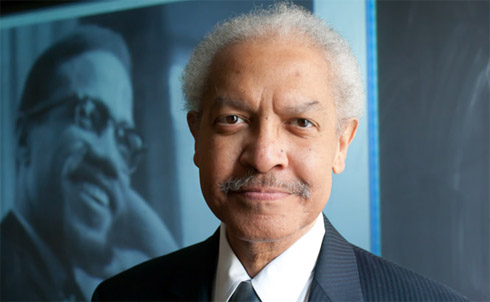
For Harris-Perry, that Marable’s admirers “will have his long-anticipated, great and final work even as he leaves us is so classically, tragically appropriate.” Marable’s monumental biography of Malcolm X will be published this week, just days after his passing. “Manning would never leave us without one more contribution, one more trail blazed, one more bar raised, one more possibility realized, one last drink from the great well of himself.”
Credit: © Philippe Cheng


